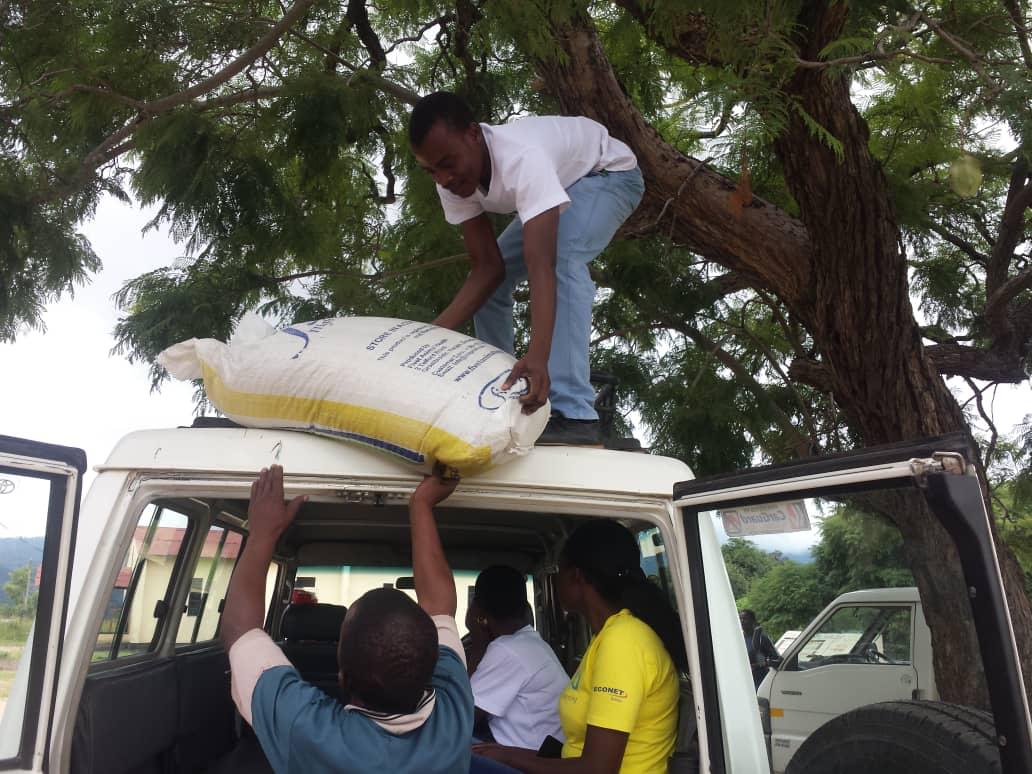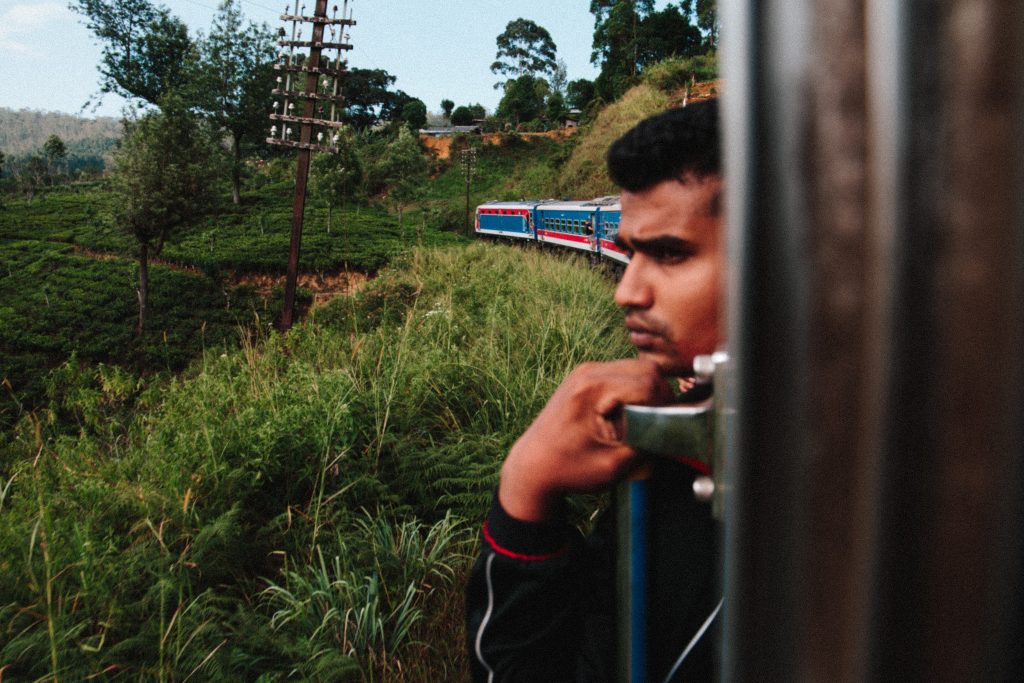
Agriculture in Action
How FOCUS Zimbabwe uses chickens to provide education
Many children in Zimbabwe feel forgotten. Since the arrival of HIV/AIDS in the ‘80s, the number of orphaned children in the country has increased dramatically. When their parents pass, other family members usually take care of them. Unfortunately, these relatives are often unable to provide for their needs and they end up on the street. As a result, they fall behind educationally and even socially. Older students as well as very young children turn to sex, drug abuse and alcoholism. This has grave consequences to their health and future. One glimmer of hope is education, but many do not have this opportunity. The cost of tuition is high, and scholarships are few. But for those orphans who do manage to receive financial assistance, education is life-changing.
Engagement Turns to Action
Godfree Shuro, a part-time staff member with FOCUS Zimbabwe, wants to make education accessible to orphaned children. He says IFES’s Engaging the University e-course inspired him to look for opportunities to meet both the physical and spiritual needs of his community. For a course assignment, Godfree created an initiative that would provide financial assistance for the education of orphaned children. He drew upon his own rural background to begin the Broiler Project. He and 20 other students began raising and selling broilers (a type of chicken) to raise funds. The money from the project currently covers the tuition of three primary school students for the next 6 years, and the monthly costs of school supplies for 20 secondary school students. On top of this, the group regularly gathers donated items from university students to give to primary and secondary students in rural areas.
Godfree says that they chose to raise chickens because it is an efficient way to earn money. It takes about six weeks to mature a chicken and the process is fairly low maintenance. The project is practical because there is a high demand for the chickens, and they can easily sell them in markets and to the university kitchens on campus.
The Broiler Project has also allowed the FOCUS students to put their own education into practice. Those studying agriculture raise the chickens, while the students who study business do the accounting and financial reports. He also notes that many of the students have a special interest in the project because they were orphaned. One such student is Innocent Gwatura, who works as treasurer for the project. He was fortunate to have received money from a trust for his secondary education, and he wants other orphans to have the same chance he did.
“When you are an orphan, it is more likely that you will be deprived from enjoying certain things in life. Being an uneducated orphan doubles this problem. So, I push to help other orphans to receive education because I want to show them that […] they can still do great things in life.”
Earning a Platform
In addition to meeting a physical need, the project gives FOCUS a platform for sharing the gospel. Godfree says,
“The project gave us the opportunity to talk about God in primary schools. Every time we visit, we get time to share the gospel with all the students. We also encourage them with different topics having to do with healthy life habits.
Godfree says that by working to alleviate a social need, more people are willing to listen to them.
The project also gave us the opportunity to share the gospel with all the staff members. They really appreciated the student initiative. I learned that if you do a good thing for a community, people start to give ear to you.”
Because of the pandemic, FOCUS is unable to visit schools. Fortunately, through social distancing measures they can continue raising the chickens. The group has also used money donated from a partner group to buy food for children who have been financially affected by the virus. Godfree believes that every little bit they can do counts.
“We are trying to grow. It is still small, and we are starting small, but we are looking forward to growing big to impact the community.”
The Broiler Project shows how a movement can take small steps to make a big impact. What are ways that you can meet a social need around you?




